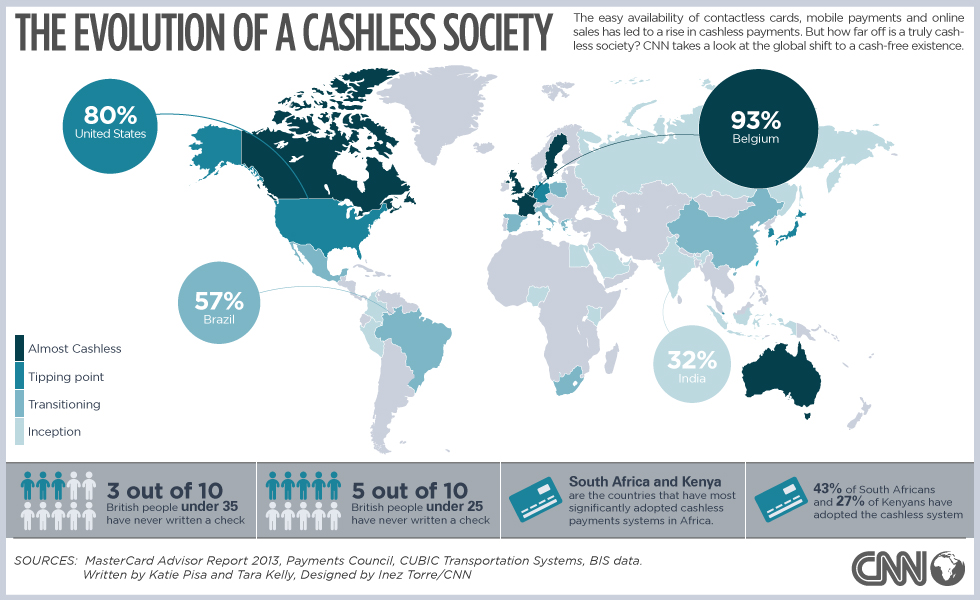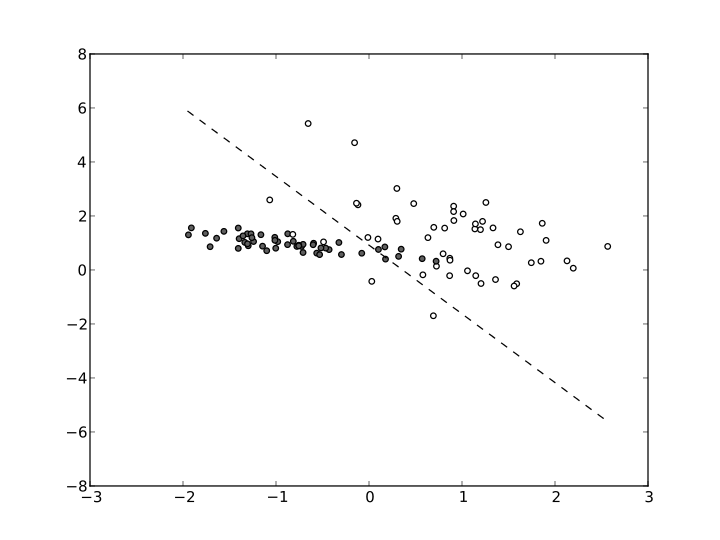Category: Technology
Encryption and the extent of privacy
Ed. Note.: This post, by Benjamin Vanlalvena, is a part of the NALSAR Tech Law Forum Editorial Test 2016.
A background of the issue
Privacy – A right to GO?
Ed. Note.: This post, by Ashwin Murthy, is a part of the NALSAR Tech Law Forum Editorial Test 2016.
For centuries rights have slowly come into existence and prominence, from the right to property to the right to vote and the right against exploitation. In the increasingly digital world of interconnection, the latest right to gain immense popularity is the right to privacy. This right entails the right to be let alone and more importantly the right to protect one’s own information – informational privacy. Thus armed with the right to privacy, one can limit what information others have access to and may use, and thus what information corporations might have or what is up on the Internet. This right to privacy comes in direct contact with applications downloaded on phones, which often ask for permissions to various information on the phone – a device which already possesses a great deal of information of the owner, including the location of the user, their phone number, their emails, their chat conversations and their photos. Applications often ask, either explicitly or in their terms and conditions, for permissions to access varying degrees of the information on the phone, sometimes in a rather unexpected fashion (such as a flashlight app asking for permissions to location), and more recently these apps have been singled out for their questionable privacy settings.
REGULATIONS FOR SELF-DRIVING CARS
Ed. Note.: This post, by Vishal Rakhecha, is a part of the NALSAR Tech Law Forum Editorial Test 2016.
Self-driving cars have for long been a thing of sci-fi, but now with companies like Uber, Google, Tesla, Mercedes, Audi and so many more conducting research in this field they don’t seem as unrealistic. Self- driving cars are vehicles which do not require human supervision, with autonomy of varying degrees. Such technology is already present -to a limited extent – in the form of cruise control, parking assist, etc. The creation of such technology would inevitably require a sound system of rules and regulations. These laws among other things must be capable of setting a set of standards for the companies, securing the physical safety and protecting the privacy of the end user. Presently Motor Vehicles Act, 1988 and Central Motor Vehicles Rules, 1989 are the only rules related to automobiles. These laws are inadequate in terms of their application to autonomous cars. This article deals with the changes in the law which may be required to deal with challenges which this new technology may present. These modifications will be essential to ensure the protection of all stakeholders when these contraptions do come on Indian streets. This article will deal with regulations of self-driving cars of level 3 and 4.
Refugee crisis in a digital age
Ed. Note.: This post, by Kaustub Bhati, is a part of the NALSAR Tech Law Forum Editorial Test 2016.
How many people worldwide are currently displaced or stateless? How many people are adrift in the Mediterranean Ocean in search of a new home? What helps them in this perilous journey and guides them to their destination? The answer to this is a staggering 51 million, constituting around 3% of the world’s total population, out of which 16.7 million people are refugees seeking asylum in various nations. This refugee crisis being the first of its kind in the digital age, where an 8-year old kid knows how to use his smartphone to navigate the world, is bringing about bountiful challenges in the field of application of technology.
Machine Learning: An Explanation
Have you ever wondered how the spam in your mailbox is automatically detected? And what about speech recognition or handwriting recognition? These are quite challenging problems. But luckily they have one thing in common – that is data, and a good deal of it.
Machine learning aims at creating systems that learn from data using various computer science and mathematical techniques. To put it differently, machine learning is the study of computer algorithms that improve automatically through collected information of experience, i.e., data.


